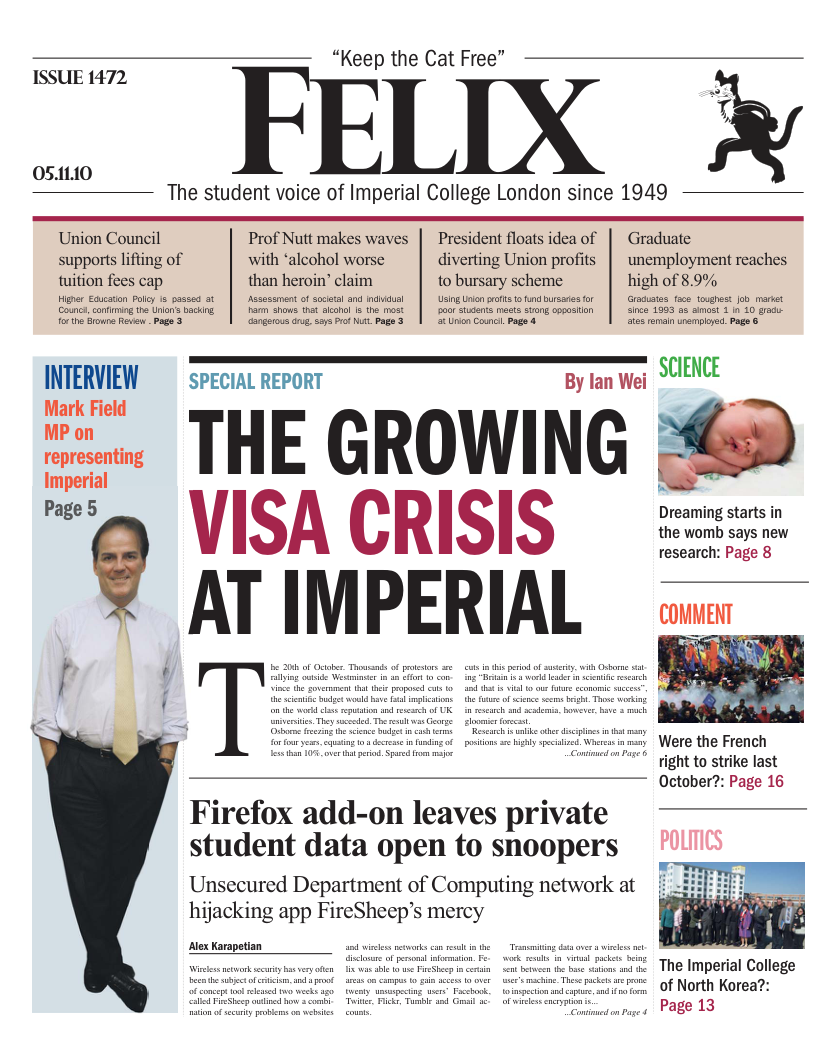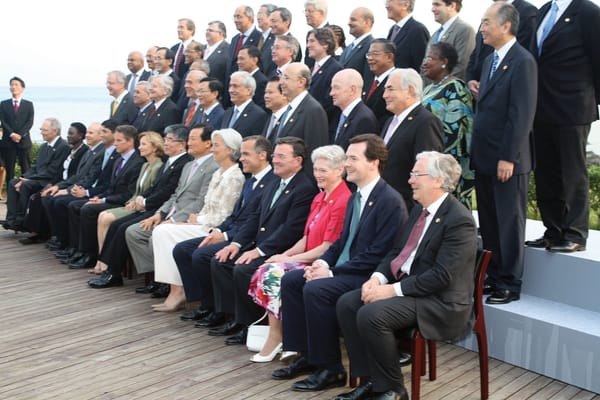Midterm elections: what do they mean for US businesses?
As the Republicans retake the House of Representatives, analysts debate whether they will they ease the burden on businesses or let them down like it’s 1994

As the Republicans retake the House of Representatives, analysts debate whether they will they ease the burden on businesses or let them down like it’s 1994
Tuesday saw the US midterm elections, ending months of speculation about the extent of predicted Democrat loses. These elections were seen as particularly important in determining the business environment in the world’s largest economy for at least the next two years. The outcome will have a major effect on the Obama administration’s ability to pursue a number of policies critical to the shape of any coming recovery or double dip. Analysts are especially interested in what the results are likely to mean to the healthcare, drilling and mining industries facing new regulations, high-income taxpayers whose ‘tax holidays’ will soon expire if not renewed, as well as the federal government’s fiscal policies and the Federal Reserve’s monetary response.
Republicans gained over sixty seats in the House of Representatives, winning a majority of around twenty seats. This was an even larger swing than the fifty-four seats won in the so-called ‘Republican revolution’ of 1994, which gave the party control over both houses of congress.
Analogies with that election have been prevalent for months on American political talk-shows due to several similarities. Both have been seen as reactions against ambitious increases the size of government pushed for by a first-term Democratic president. In both cases, Republicans have drawn up ‘contracts’ with their electorate, promising to roll back the size and scope of the state if elected.
Democrats will have reason to hope that the analogy does not end there. The 1994 elections are widely credited with returning Bill Clinton to popularity after over a year of low and falling poll numbers. That had far more to do with the Republicans, led by House speaker Newt Gingrich, being seen to completely abandon their promises of tax and spending cuts than any particular triumph on the part of the Democratic president. The Republicans’ ability to stop Clinton from doing anything too unpopular, whilst also failing to enact much of their own ‘contract,’ led to Clinton’s comfortable re-election in 1996.
Democratic hopes are high that a similar failure by the Republicans, together with their abysmal field of likely 2012 candidates, will stop Obama from becoming the first one-term black president. The new speaker, John Boehner, promised in an emotional speech on Wednesday morning that that will not happen. Having already received a congratulatory phone call from Obama, who told him of his hope to “find common ground” with him, Boehner told supporters that he would ‘never’ let them down and that voters had sent the president a message, that he should “change course”. He also vowed to cut spending and reduce the size of government, although his number-two in the House, Eric Cantor, was unable to name a single government program that would be cut, whilst both men have repeatedly called and voted for rises in defence spending.
Despite gaining six seats, the Republicans were unable to regain control of the Senate. Whilst their 47 seats are easily enough for them to filibuster any piece of legislation, they were unable to secure a majority after several of the craziest Tea Party candidates lost their races. In perhaps the biggest surprise of the night, Majority Leader Harry Reid fended off a challenge from Sharron Angle, a favourite of the social-conservative wing of the Tea Party. A delighted John Kerry commented that “Harry Reid isn’t just Dracula, he isn’t just Lazarus, he’s our leader and our whole caucus is thrilled that he’s unbreakable and unbeatable.”
Karl Rove, George Bush’s former senior political advisor who raised $100 million for Republican candidates in this election cycle through five lobbying organisations, said that the party’s base should learn a lesson from the Delaware race, which turned from leaning-republican to a Democratic landslide, after the establishment candidate was rejected in the Republican primaries in favour of a candidate who spent the remainder of her campaigning trying to convince voters that she was ‘not a witch.’
Overall spending on campaign advertising in this election cycle exceed ed$3.3bn (£2.1bn), an all-time record for congressional elections. Most ads focused on economic issues, but they were also noted as being the most negative in tone ever. Healthcare was another big theme, given strong voter resentment in most states toward the Obama administrations rapid expansion of government involvement in that sector. Other campaign themes ranged from ‘red meats’ issues like immigration to some of the most bizarre personal attacks in US electoral history, such as an ad that claimed Rand Paul, the Republican candidate in Kentucky, worshiped idols and mocked Christians. Unsurprisingly, the ad backfired and Dr Paul won his race by double-digits.
What do the results mean for US business and the world economy?
Whilst Tuesday night was seen overall as a win for Republicans and fiscal conservatives in particular, questions are already being raised about the extent of any impact on the real economy. The Federal Reserve in particular is widely expected to counter any moves to bring Anglo-German style austerity to America. Not only is it already being taken as a given that interest rates will remain near zero for the foreseeable future, but additional rounds of quantitative easing are now seen as almost inevitable. As Felix goes to press, Ben Bernanke is expected to announce $500 billion in additional ‘stimulus’ whilst markets are thought to be pricing in around $1 trillion over the next few months.
In terms of specific policies, it is unlikely that already-enacted bills such as healthcare will be repealed, but the Republican takeover of the House will probably stop new legislation. With the exception of immigration reform that many business leaders have been championing for the past year, this is likely to raise investor confidence in the US economy. A much feared expansion of ‘cap-and-trade’ will now almost certainly not happen whilst some of the most contentious parts of the financial regulation bill likely be retracted. Robert Doll, chief equity strategist at the world’s largest fund manager BlackRock recons that “the near-term issue of [most] importance to investors is the Bush-era tax cuts.” These are due to expire soon but will probably now be extended by the Republican-controlled House.
Despite record low figures on home prices and unemployment, the S&P 500 rose thirteen per cent in the last couple of months. This was likely to have been the pricing-in of Republican gains in the Midterms, which means that equity markets will probably not be significantly moved by election results. In fact, the S&P 500 opened on Wednesday morning almost unmoved from Tuesday.
It may be a different story in the coming weeks for the US Dollar however, as the Fed and the ECB are seen to be pursuing very divergent policies. Whilst the Federal Reserve may pursue inflationary policies to counter likely cuts in the rate of increase of government spending, the ECB has signalled that it is already looking to tighten its monetary policy. According to Bloomberg, analyst consensus is now saying that the Euro will appreciate beyond resistance levels between $1.45 and $1.50 before the New Year. Much will depend on the Republicans’ ability to reign in the Fed, which judging from their failure to Audit the central bank despite having the support of over two-thirds of the House earlier this year, including over one hundred Democrats, appears to be non-existent.






